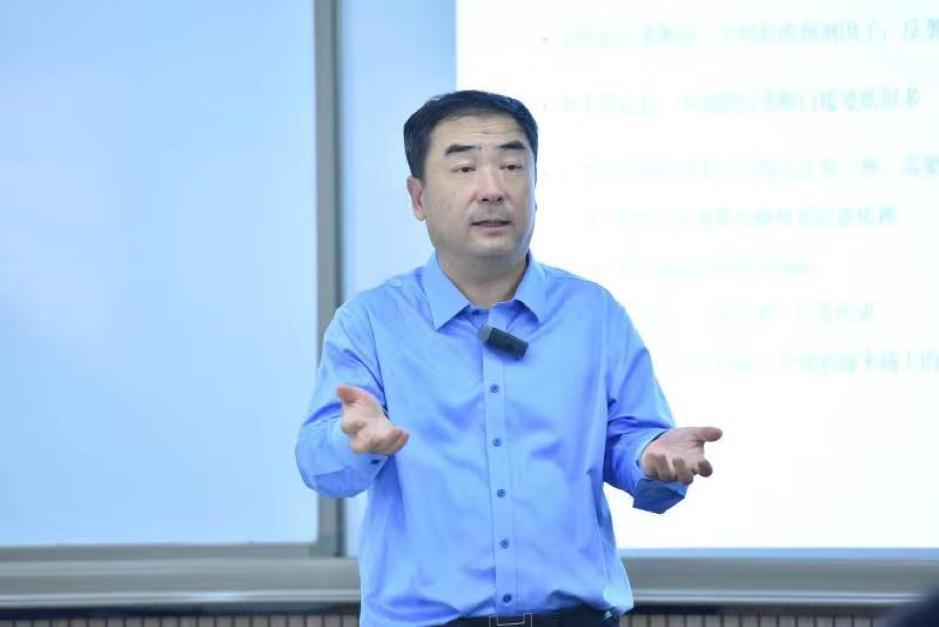
Data collected in the second quarter of 2021 for the Cheung Kong Investor Sentiment Survey (CKISS) shows that investor sentiment has become more cautious overall, compared with the first quarter. Investors continue to lower their expectations for China A-shares, Hong Kong stocks and house prices as a whole.
Investor sentiment continued to fall – only 61% of investors surveyed believe that A-shares will rise in the next year, compared with 65.8% in Q1, and the expected yield has fallen from 2.6% in Q1 to 1.2% in Q2. Expectations in China’s house prices have also decreased from 2% in Q1 to 1.2% in Q2. Expectations for Hong Kong stocks have remained pessimistic since the second half of 2019. While general sentiment is lower overall, institutional and retail investors continued to diverge, with retail investors being more pessimistic, and institutional investors being more optimistic. Contrary to the overall negative trend, institutional investors continue to raise their earnings expectations for China A-shares, Hong Kong stocks and property prices. Both institutional and retail investors expect China’s long-term GDP growth to be around 5.6%.
After experiencing a high growth rate of 18% in the first quarter, China’s economic growth rate fell in the second quarter due to various macroeconomic policies and COVID-19 prevention measures. The fiscal deficit in the first to second quarters accounted for an average of 4.7% of GDP, a decrease of 1 percentage point from last year. The growth rate of social financing dropped from 13% to 10%. China’s property market continued to face downward pressure with the government’s policy to curb property speculation. The rise of the delta variant and China’s “zero tolerance” towards COVID-19 hindered the travel industry. From January to May, passenger traffic had increased by 15.4% year-on-year, but from June to July, traffic dropped rapidly to -6.4%.

Investors are also concerned about the innovation capabilities of Chinese companies with 52% of surveyed respondents believing that “improving innovation capabilities” is the factor that has the greatest impact on investment. Respondents are concerned about the state of China’s private economy with 39% more concerned in this period compared to 34% in the previous period; concerns about the reform of state-owned enterprises also rose from 35.8% in the previous period to 37% in this period. Unlike retail investors, institutional investors are more concerned with external factors such as the US-China relationship and the broader geopolitical frictions between China and the West.
The Cheung Kong Investor Sentiment Survey (CKISS) is a survey on investor sentiment and expectations in the capital market, co-sponsored by Cheung Kong Graduate School of Business’ (CKGSB) Center for Investment Research and the Business Scholars Program. It is led by Doctor Liu Jing, CKGSB Professor of Accounting and Finance and Associate Dean, and CKGSB researcher Chen Hongya.
The first survey was conducted in January 2018 and targeted over 60 outstanding entrepreneurs. In August 2018, the survey expanded its scope to 13 major Chinese cities and conducted on a quarterly basis with approximately 2,500 valid samples, including 1,900 samples from individual investors and 600 from institutional investors. The Center for Investment Research at CKGSB aims to offer a more comprehensive understanding of the capital markets in China and abroad using CKGSB’s unique theoretical & practical perspective.
For more information, please visit: https://english.ckgsb.edu.cn/knowledge/business-sentiment-index/